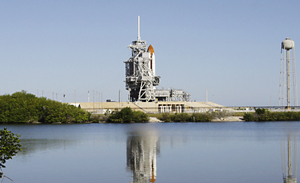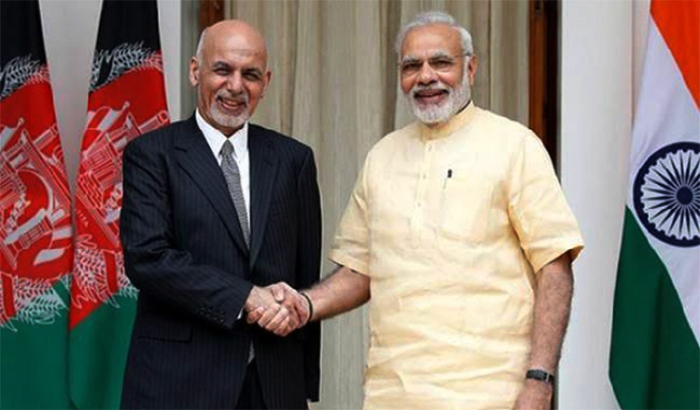Washington, Sep 6: Rising sea levels along the US coastlines have threatened NASA's launch sites and facilities -- including Kennedy Space Center in Florida -- of being submersed under the water in near future.
Nearly half to two-thirds of NASA's infrastructure and assets stand within 16 feet of sea level.
With at least $32 billion in laboratories, launch pads, airfields, testing facilities, data centres and other infrastructure spread out across 850 sq. km with 60,000 employees -- the US space agency has a lot of people and property in harm's way.
"Every NASA centre has its own set of vulnerabilities, and some are more at risk than others. But sea level rise is a very real challenge for all of the centres along the coast," said NASA climatologist Cynthia Rosenzweig in a statement.
As the ocean has warmed, polar ice has melted, and porous landmasses have subsided, global mean sea level has risen by eight inches (20 centimetres) since 1870.
The rate of sea level rise is faster now than at any time in the past 2,000 years, and that rate has doubled in the past two decades.
For Rosenzweig, the urgency of the problem was crystallised in the summer of 2009.
As part of a climate change preparedness workshop, she joined other scientists, engineers, facility managers and administrators on a tour of launch pads 39A and B at Kennedy Space Center.
Since the Apollo-Saturn rocket days, and through 25 years of space shuttles, those two launch pads have been critical to NASA's mission.
But when Rosenzweig looked around, she could see that the shrinking dunes and damaged shoreline were just a stone's throw from the launch pads.
At Kennedy, the launch pads are just a few hundred feet from the Atlantic Ocean.
The Wallops Flight Facility in Virginia is also within the threat zone.
Langley Research Center is situated on the Back River in Hampton, Virginia.
While Ames Research Center borders the south end of the San Francisco Bay, Johnson Space Center in Houston sits on Clear Lake, an inlet of Galveston Bay.
Nearly 55 to 60 percent of US citizens live in counties touching the Atlantic or Pacific Ocean, the Gulf of Mexico or the Great Lakes.
A recent study found that $66 billion to $106 billion worth of coastal property is likely to sit below sea level by 2050, the NASA statement stated.






Comments
Add new comment